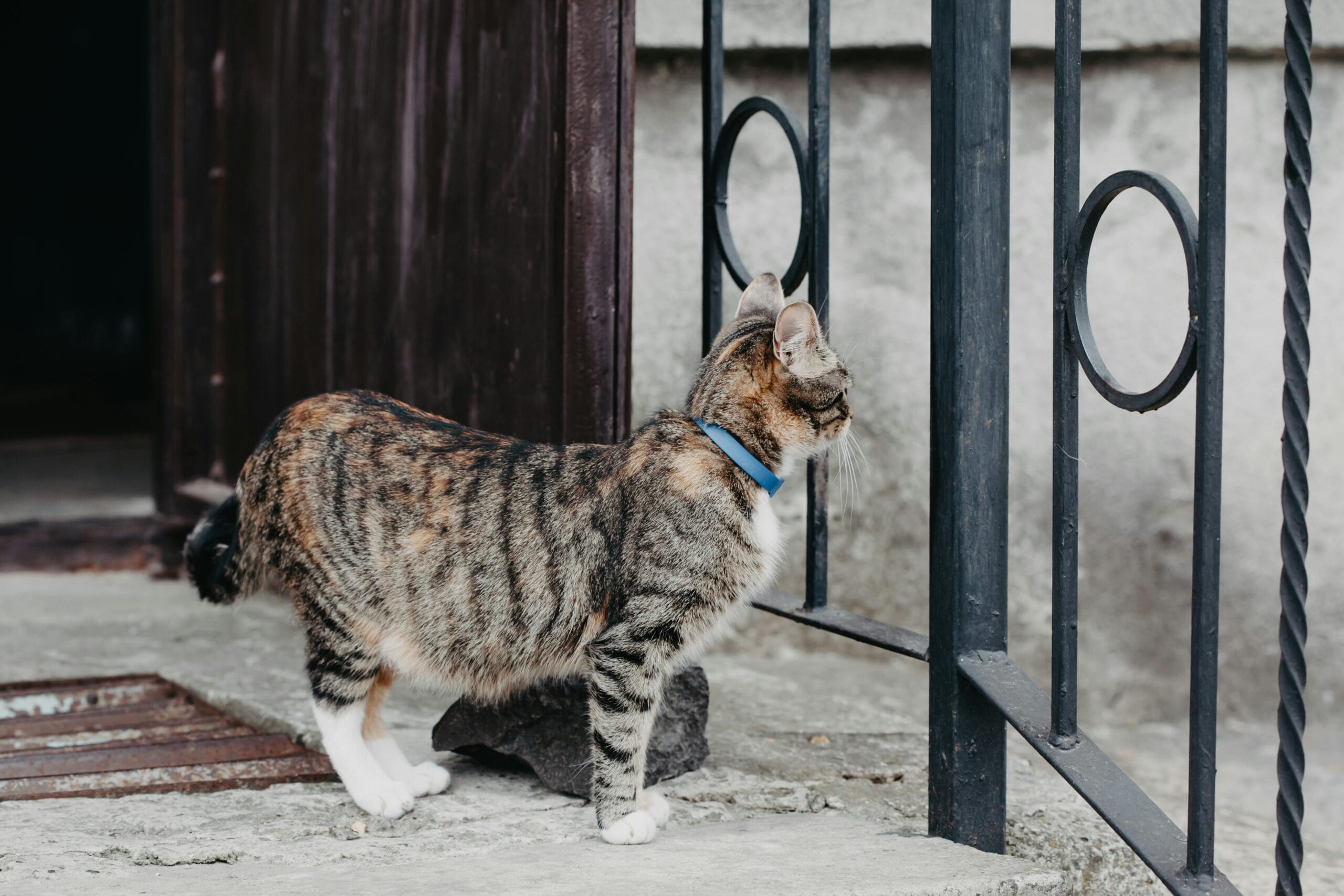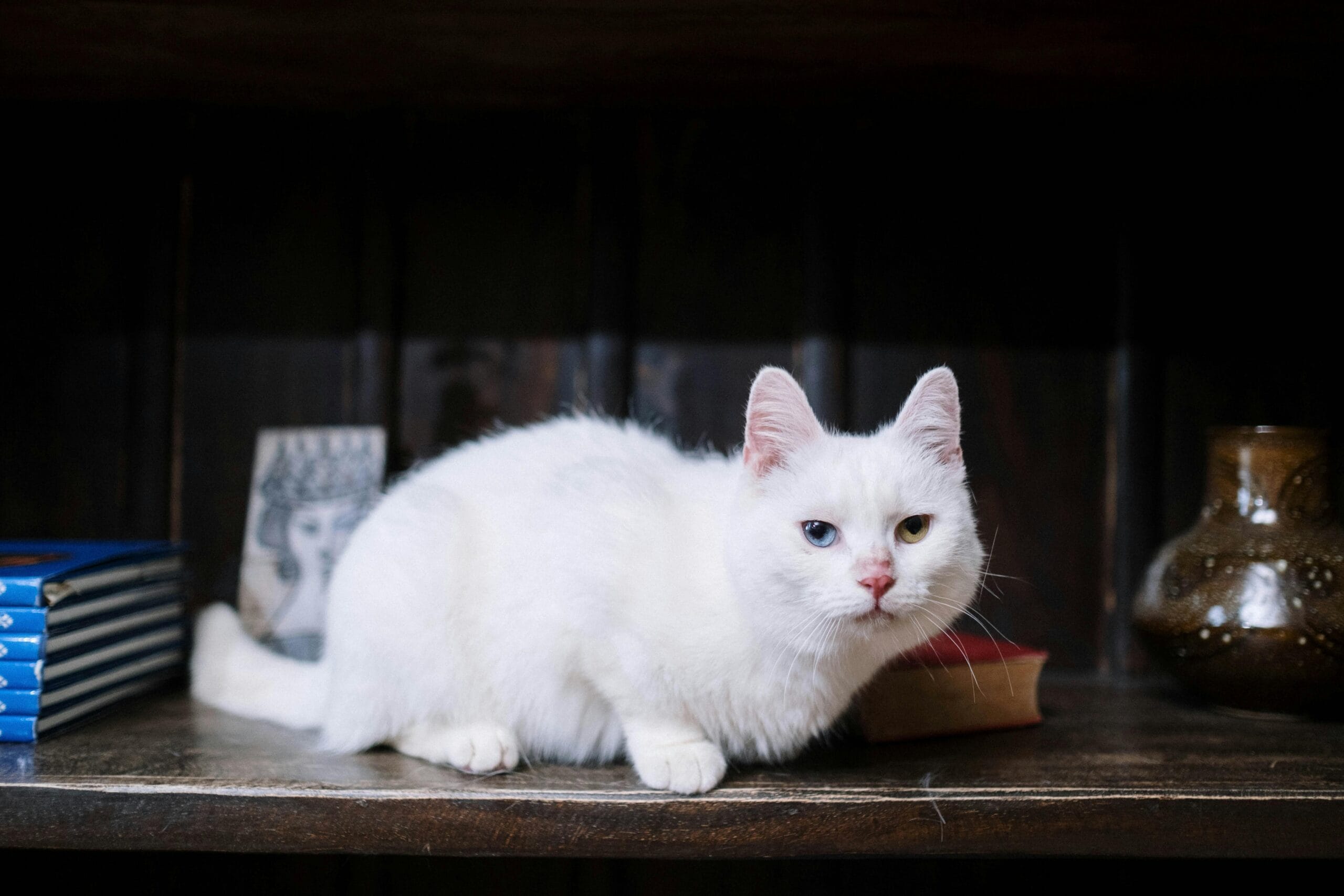Can Cats Eat Honey? Is Honey Safe for Cats? Find out if honey is a safe treat for your feline friend. Discover the potential risks and benefits of honey and cats in this informative article. Learn now!
Can Cats Eat Honey? A Comprehensive Guide to Honey and Cats
The sweet allure of honey is undeniable, even for our feline friends. But can cats eat honey? The short answer is: it’s complicated. While a tiny lick won’t likely cause immediate harm, honey isn’t a suitable treat for cats and should be avoided. This comprehensive guide delves into the reasons behind this, exploring the potential risks and benefits (which are few) associated with honey and cats. We’ll also address the question, Is honey safe for cats, in detail.
Understanding the Risks: Why Honey Isn’t Ideal for Cats
Cats are obligate carnivores, meaning their bodies are designed to thrive on a diet primarily consisting of meat. Their digestive systems aren’t equipped to efficiently process large amounts of sugars, and honey, while natural, is high in fructose. Consuming excessive sugar can lead to various health problems in cats, including:
- Weight gain and obesity: Extra calories from honey contribute to weight gain, increasing the risk of diabetes, heart disease, and joint problems. Just like humans, overweight cats are at a higher risk of developing health complications.
- Diabetes mellitus: The high fructose content in honey can significantly impact blood sugar levels, making cats more susceptible to developing diabetes. This serious condition requires ongoing management and can drastically reduce a cat’s lifespan.
- Dental problems: Sticky honey can cling to teeth, promoting bacterial growth and leading to cavities and gum disease. Regular dental care is crucial for cats, and introducing honey increases the likelihood of dental issues.
- Pancreatitis: In some cats, consumption of high-sugar foods can trigger pancreatitis, an inflammation of the pancreas. This can be a life-threatening condition requiring urgent veterinary attention. Similar to the concerns about giving cats grapes (can cats eat grapes), the risks associated with pancreatitis warrant caution.
- Digestive upset: Even small amounts of honey can cause digestive upset in some cats, leading to diarrhea, vomiting, or gas. This is particularly true if your cat has a sensitive stomach. This is comparable to the potential digestive issues that some cats experience after eating sardines (can cats eat sardines).
Is Honey Safe for Cats in Small Quantities?
While a tiny lick of honey probably won’t cause immediate harm, it’s still best to avoid it entirely. The potential risks outweigh any minimal perceived benefits. Think of it like giving your cat a tiny piece of chocolate; while a minuscule amount might not be immediately dangerous, the cumulative effects over time could be detrimental to their health. You might also want to consider the potential health risks of offering other seemingly innocuous foods such as lettuce (can cats have lettuce).
Furthermore, the purity of honey is also a concern. Raw honey may contain harmful bacteria or spores that could infect your cat. It’s impossible to guarantee that the honey you’re offering is perfectly safe for feline consumption.
Alternatives to Honey for Treating Cats
If you’re looking for ways to reward your cat or add some flavor to their food, consider healthier alternatives. Catnip is a natural and safe option for many cats, providing a pleasurable sensory experience without the health risks associated with honey. You can also explore cat-specific treats available at pet stores. These are formulated with your cat’s nutritional needs in mind, unlike honey which provides little nutritional value.
It’s always best to consult with your veterinarian before introducing any new food, treat, or supplement into your cat’s diet. They can advise on what’s safe and appropriate for your cat’s specific health needs and dietary requirements. This is especially important if your cat is already dealing with health conditions such as diabetes or pancreatitis. Similar to the concerns about feeding cats almond milk (can cats have almond milk), always prioritize their health and well-being.
Can Honey Help with Coughs or Sore Throats in Cats?
Some people believe honey can soothe coughs or sore throats. While this might be true for humans, it’s not a proven remedy for cats and shouldn’t be attempted without veterinary guidance. There are safer and more effective ways to address respiratory issues in cats under veterinary supervision. Never self-medicate your cat. Always consult a vet before administering any remedies, even seemingly harmless ones such as honey. Improper self-treatment can actually exacerbate the condition and lead to further complications.
The Bottom Line: Avoid Giving Honey to Cats
In conclusion, while a tiny amount of honey might not immediately harm your cat, the potential risks far outweigh any possible benefits. The high sugar content can contribute to obesity, diabetes, dental problems, and other serious health issues. Focusing on a balanced, meat-based diet is essential for your cat’s health. For a detailed understanding of what constitutes a healthy feline diet, consulting a veterinarian or a reputable animal nutritionist is highly recommended. Providing your cat with a healthy diet is crucial for their longevity and quality of life. This also applies to other foods, such as cherries (can cats have cherries), which should be strictly avoided.
Further Reading
For more information on feline nutrition and health, consult these resources:
The American Society for the Prevention of Cruelty to Animals (ASPCA): https://www.aspca.org/pet-care/cat-care/cat-nutrition
The Veterinary Information Network (VIN): https://veterinarypartner.vin.com/
Share Your Experience
Have you ever accidentally given your cat honey? What was your experience? Share your thoughts and experiences in the comments below. Let’s discuss Can Cats Eat Honey and share our knowledge to help other cat owners make informed decisions about their feline companions’ health and well-being.

- Can Cats Eat Honey?
- While a tiny lick won’t likely harm your cat, feeding honey to cats is generally not recommended. Honey is not part of a cat’s natural diet, and large quantities can be harmful. Therefore, the simple answer to “Can cats eat honey?” is a cautious no.
- Is Honey Safe for Cats?
- Honey is not safe for cats in significant amounts. It’s high in sugar, which can lead to weight gain, diabetes, and other health problems. The answer to “Is honey safe for cats?” is no, unless only a tiny amount is consumed accidentally.
- Can Kittens Eat Honey?
- No, kittens should absolutely not eat honey. Their digestive systems are even more sensitive than adult cats, making them more vulnerable to the negative effects of honey’s high sugar content.
- What Happens if a Cat Eats Honey?
- A small amount might cause no noticeable effect, but larger quantities can lead to digestive upset, diarrhea, vomiting, and weight gain. Long-term consumption can contribute to serious health issues.
- Honey and Cats: What’s the Problem?
- The primary concern with honey and cats is the high fructose content. Cats lack the necessary enzymes to efficiently metabolize fructose, making it difficult for their bodies to process. This can lead to various health complications.
- Is Raw Honey Safe for Cats?
- No, raw honey is not safe for cats. While some people believe raw honey is healthier, the high sugar content remains a significant risk for feline health. The potential benefits do not outweigh the risks for cats.
- My Cat Licked Some Honey, Should I Worry?
- A small accidental lick is unlikely to cause serious problems. However, monitor your cat for any signs of digestive upset, such as vomiting or diarrhea. If you notice any concerning symptoms, consult your veterinarian.
- Can I Give My Cat Honey as a Treat?
- No, you should never give your cat honey as a treat. There are many healthier and safer treat options available specifically formulated for feline dietary needs.
- Honey and Cats: Alternatives for Sweet Treats?
- Instead of honey, opt for cat-specific treats designed with their nutritional requirements in mind. Consult your veterinarian for recommendations on safe and healthy treats for your cat.
- Are There Any Benefits of Honey for Cats?
- There are no known benefits of honey for cats that outweigh the risks associated with its high sugar content. Providing a balanced and appropriate diet is far more beneficial for your cat’s health.

Can Cats Eat Honey? A Guide for Cat Owners
The short answer is: yes, cats can eat honey, but it should be given in very small quantities and only occasionally. Honey is a natural sweetener, but it’s also high in sugar, which isn’t good for a cat’s health in large amounts. Just like we should limit our sugar intake, the same principle applies to our feline friends. Giving your cat too much honey can lead to weight gain, dental problems, and even diabetes.
One of the biggest concerns with feeding your cat honey is its high sugar content. Unlike us, cats can’t metabolize sugar as efficiently, making them more susceptible to negative effects. It’s crucial to remember that a balanced diet is essential for your cat’s overall health. Think of honey as an occasional treat, similar to giving them a small piece of cooked, plain chicken (ensure all bones are removed!). Just like you wouldn’t feed your cat grapes regularly (check out our article on can cats eat grapes for more details), honey shouldn’t be a staple in their diet.
Furthermore, honey can cause digestive upset in some cats. This might manifest as diarrhea or vomiting. If your cat shows any signs of discomfort after consuming honey, stop giving it to them immediately and consult your veterinarian. It’s always better to err on the side of caution. You should also be careful about what other foods you feed your cat, for example, you should be cautious with other sugary foods or dairy products like almond milk which can upset their tummies.
Another important factor to consider is the source of the honey. Ensure you’re using raw, unprocessed honey from a reputable source to minimize the risk of contaminants. Always prioritize your cat’s well-being. This careful selection also applies to other foods. For example, if you’re considering feeding your cat sardines, make sure you understand the potential risks involved as outlined in our article about can cats eat sardines.
In conclusion, while a tiny lick of honey won’t likely harm your cat, it’s best to avoid making it a regular part of their diet. Focus on providing them with a nutritious and balanced diet tailored to their needs. If you’re uncertain about any aspect of your cat’s diet, consulting with a veterinarian is always the best course of action. This is particularly important if you are considering other human foods such as lettuce, which is covered in the article: Can cats have lettuce? Remember that a healthy diet is vital for a happy and long-lived cat. And remember to never give your cat cherries, which is addressed in Can cats have cherries?
Can Cats Eat Honey, Is Honey Safe for Cats, Honey and Cats